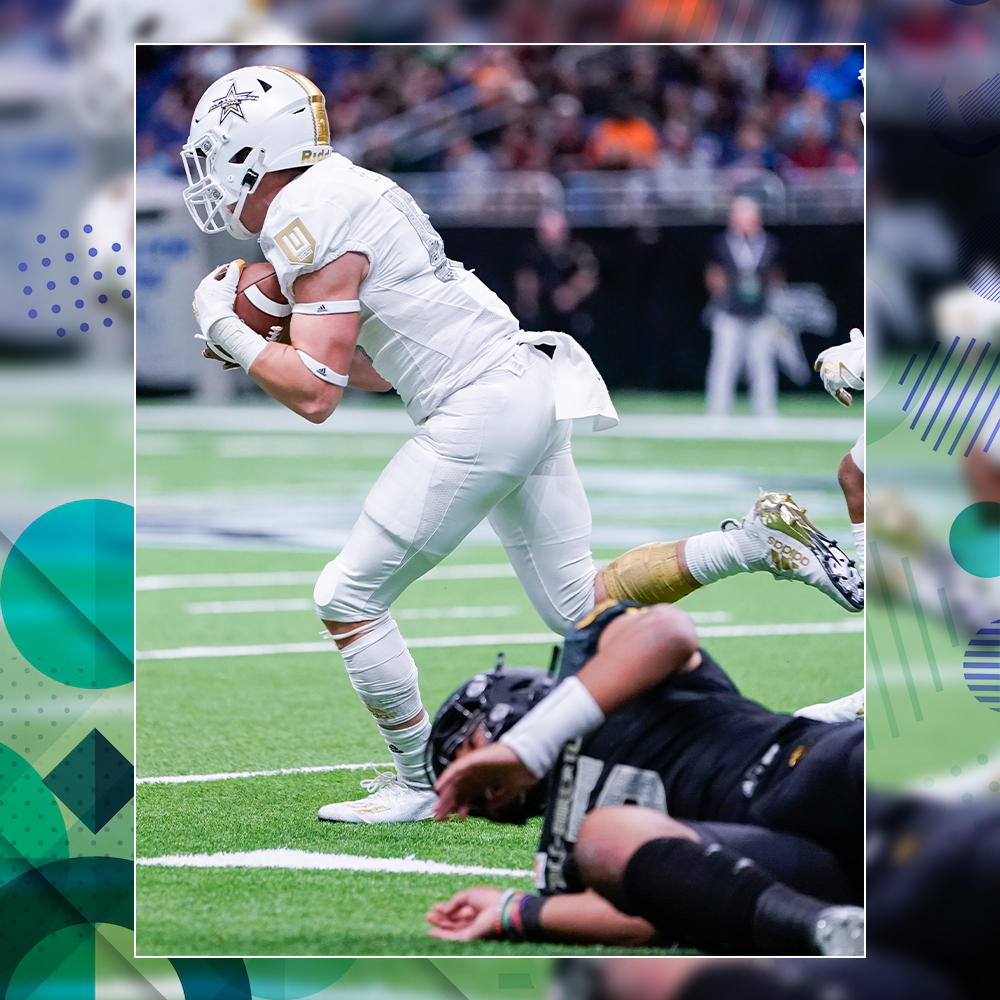How High School Football Shapes Character and Life Skills


High school football is much more than a sport. For countless students, it’s a foundation for growth, teamwork, and lifelong values. The lessons learned on the field often extend far beyond the scoreboard, shaping young athletes into disciplined, motivated, and resilient individuals. While football builds physical strength, it also strengthens character, helping players develop skills that last a lifetime.
Let’s explore how high school football influences personal growth and character development in powerful ways.
Instilling Discipline and Accountability
Football requires structure and consistency. Players must arrive at practice on time, learn plays, and maintain peak physical condition. These routines teach discipline—the kind that spills into every area of life.
Through early morning practices, strict training schedules, and constant repetition, players discover that success doesn’t come from talent alone. It comes from steady effort. They also learn accountability, knowing that each missed practice or careless mistake affects the entire team. This sense of responsibility helps students take ownership of their actions on and off the field.
Over time, these habits become second nature. Whether completing homework, showing up for work, or managing time, disciplined behavior built in high school football carries into adulthood.
Learning the Power of Teamwork
Football is one of the ultimate team sports. No single player can win a game alone. Quarterbacks rely on linemen for protection, receivers depend on precise passes, and defenses must communicate constantly. Every position matters.
This deep interdependence teaches players to trust one another. They learn how to cooperate, encourage teammates, and handle success and failure together. These experiences foster empathy and collaboration, two qualities that are essential in any career or community.
When players understand the importance of working toward a common goal, they also learn to value every person’s contribution. That appreciation for teamwork becomes a lifelong strength in professional and personal settings.
Developing Leadership and Communication Skills
Every football team needs leaders, both vocal and quiet. Captains, quarterbacks, and even dedicated role players have opportunities to motivate others and set examples. High school football encourages leadership through action—by showing commitment, courage, and positivity.
Players learn to communicate under pressure, whether calling out plays, encouraging teammates, or adjusting strategy mid-game. These communication skills are invaluable off the field, too. Students who express ideas and inspire others excel in school, business, and community life.
Football leadership isn’t about commanding others but lifting the team. That mindset teaches young athletes that authentic leadership means service, not control.
Building Mental Toughness and Resilience
Football is a demanding sport that pushes players physically and mentally. Injuries, tough losses, and grueling practices test an athlete’s resolve. Yet these challenges also strengthen resilience. Players learn to recover, adapt, and move forward, even when things are unplanned.
This mental toughness often shapes how players face future challenges. Whether dealing with academic stress, job setbacks, or personal struggles, they learn not to give up easily. Football teaches that pain and failure are temporary, but perseverance leads to progress.
When players overcome obstacles on the field, they gain the confidence to tackle difficulties in life with the same determination.
Promoting Respect and Sportsmanship
Football strongly emphasizes respect—respect for teammates, coaches, opponents, and the game itself. Players must follow rules, accept referee decisions, and handle victory and defeat gracefully.
Learning to win humbly and lose honorably helps shape character. Players understand that effort and attitude matter as much as outcomes. This lesson builds emotional maturity, showing that respect and integrity are far more valuable than personal glory.
Sportsmanship learned through football creates well-rounded individuals who can handle competition in healthy and constructive ways.
Encouraging Goal Setting and Achievement
Football players learn to set goals from the first day of practice—improving speed, mastering techniques, or winning championships. Coaches emphasize measurable progress, which teaches players how to plan, track, and achieve objectives.
This mindset carries into academics and career pursuits. Students who understand breaking down big goals into small, achievable steps often perform better. They know success requires both short-term focus and long-term vision.
Football also celebrates collective achievement, reminding players that goals are easier to reach when people work together toward a common purpose.
Fostering Lifelong Friendships and Community Bonds
The shared experiences of practice, victory, and hardship create strong team connections. Many players describe their team as a second family. These bonds often last well beyond graduation.
High school football also unites communities. Local games unite families, neighbors, and alums, creating a sense of pride and support that strengthens social ties. Players learn that their efforts contribute to something larger than themselves—a community spirit that endures long after the final whistle.
Preparing Students for Life Beyond Sports
Only a small percentage of high school athletes go on to play college or professional football. However, the personal growth they experience stays with them forever. The lessons in discipline, teamwork, leadership, and perseverance prepare them for life’s challenges.
Employers often seek these traits, recognizing that former athletes can manage pressure, work with others, and stay dedicated to goals. These skills help individuals build stronger relationships and lead more balanced lives even outside work.
In this way, high school football serves as both an athletic and character-building journey.
Final Thoughts
High school football does more than teach students how to play a game—it teaches them how to live with purpose, integrity, and resilience. The lessons learned on the field help young people become responsible, confident adults ready to take on whatever comes next.
From discipline to teamwork and leadership, football builds character one play at a time. For many players, the experiences gained under the Friday night lights stay with them forever, shaping their lives long after the final game ends.
